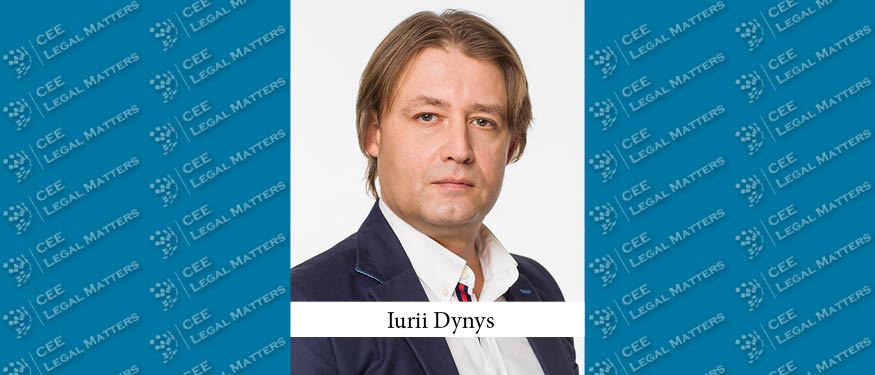Recovering trade debts in North Macedonia can be challenging, especially when maintaining ongoing commercial relationships with local debtors. The recovery process entails a business creditor attempting to collect payment for an unpaid invoice for goods or services provided to a local customer who is legally obligated to pay what they owe.
Debtors may fail to honor their debts according to the agreed payment schedule, may not respond to reminder calls, emails, or letters, or may be difficult to reach. In some cases, debtors might evade payment by making excuses, such as raising complaints about the quality of the goods or services delivered by the creditor under the contract. Additionally, Macedonian customers may be hesitant to engage with creditors known for an aggressive approach to debt recovery, which can cause the creditor to lose goodwill in the market. However, creditors cannot allow their long-overdue debts to accumulate and potentially turn into bad debts, so decisive action is often necessary.
In North Macedonia, the only option for recovering uncontested trade debt from local debtors is summary debt collection proceedings. These proceedings are overseen by public notaries, who, as trustees of the courts, are authorized to receive proposals for summary debt collection from creditors and issue payment orders to local debtors. The payment orders issued by public notaries are equivalent to court payment orders.
The proceedings are set in motion by a proposal from a creditor for the issuance of a payment order against a particular debtor. The proposal must be submitted to the public notary who is competent to act as a trustee of the court, which has territorial jurisdiction where the debtor has its registered office. The proposal must be detailed and include the relevant corporate details of the creditor and the debtor, i.e. their company names, identification numbers, registered seats, authorized representatives and official e-mail addresses for court correspondence, accompanied with their recent trade excerpts from the Central Company register of North Macedonia. Furthermore, the creditor must enclose along with the proposal a document substantiating its claim. These documents include invoices, bills of exchange, accounts receivable ledger, interest calculation and others. The creditor must include expert witness reports, if applicable, or a letter from an expert witness stating that they have been engaged by the creditor to prepare an expert witness report. Otherwise, the creditor will not be permitted to present expert witness reports in court proceedings if the debtor objects to the payment order.
The creditor also must substantiate any claims for interest. Commercial parties usually make express contractual provisions for the payment of interest on overdue invoices. If parties have agreed on an interest rate for late payments in their contract, the creditor should include a claim for interest in the proposal. However, such a contractual interest rate agreed between the parties cannot be higher than the established statutory penalty interest, increased by a maximum of 50%. Upon receipt of the proposal from the creditor, the notary public will review it to ensure it is complete. If all formal requirements are met, the notary public will issue a payment order, ordering the debtor to settle the outstanding debt within three days of receipt of the proposal. The notary public will serve the payment order to the debtor, who has 8 days to either settle the outstanding debt in full or contest the payment order.
If the debtor fails to contest the payment order by the legal deadline, it becomes enforceable, the same as a court judgment. This allows the creditor to enforce it directly against the debtor’s assets. Enforcement proceedings commence with filing an enforcement request by the creditor to the competent enforcement agent, accompanied by the enforceable court judgment, which will issue an enforcement order to block the debtor’s bank accounts. If any funds are transferred to the debtor’s accounts, they will be confiscated and transferred to the creditor via the Enforcement agent’s bank account. If no funds are available in the debtor’s bank accounts, the creditor may request that enforcement be carried out by other enforcement methods, such as seizure and sale of the debtor's movable and immovable property.
If the debtor files a complaint against the payment order, the notary public must refer the case to the court which has territorial jurisdiction based on the debtor’s registered office. Particular attention should be given when the creditor and the debtor have agreed to arbitration in their contract. The consensus of the Macedonian courts is that when a creditor launches summary debt proceedings, it has repudiated the arbitration clause in the contract. The Macedonian courts tend to view the commencement of summary debt proceedings as a rejection of the contractual obligation to resolve disputes through arbitration. Hence, unless the debtor raises a jurisdictional objection based on the arbitration clause in the contract, the Macedonian courts will generally uphold their jurisdiction over the dispute.
The court's review of a complaint against a payment order is confined to examining the facts concerning the disputed part of the claim. If the debtor files a counterclaim alongside their complaint, the court is not allowed to consider it within the proceedings related to the payment order. A final decision on the creditors' claim results in a court judgment that completely supersedes the notarial payment order. The statutory time limits for completion of the proceedings before the court are relatively short. The first instance court must issue a judgment within six months upon the receipt of the case from the public notary. In case of an appeal by either party, the appeals court must issue a decision within thirty days following the receipt of the appeal. In practice, however, the courts often exceed the statutory deadlines, and the proceedings might take several years to be completed.
During the court proceedings, the creditor may propose interim remedies, including prohibiting the debtor from the alienation of his movable property; the alienation or encumbering of his immovable property, selling securities and shares; receiving a claim from the debtor’s debtor or ordering the debtor's payment service provider not to allow any payments from his bank accounts. Interim remedies may be allowed if the creditor makes it probable that the claim exists and that there is a danger that, without such a measure, the debtor will significantly impede the collection of the claim by alienating, concealing or otherwise disposing of his property.
By Gjorgji Georgievski, Partner, and Boban Velickovic, Associate, ODI Law

















